
erp系统 英文,Introduction to ERP Systems
时间:2024-11-15 来源:网络 人气:
Introduction to ERP Systems
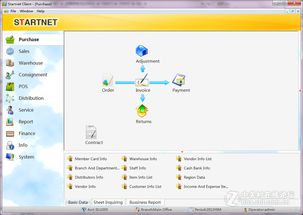
Enterprise Resource Planning (ERP) systems have become an integral part of modern business operations. As businesses grow and become more complex, the need for efficient management of resources and processes becomes paramount. ERP systems offer a comprehensive solution to streamline operations, enhance productivity, and improve decision-making. In this article, we will delve into the basics of ERP systems, their evolution, and their significance in today's business landscape.
What is an ERP System?
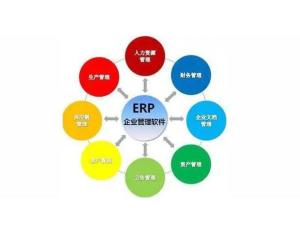
An ERP system is a software application that integrates various business processes across an organization. It provides a unified platform for managing and coordinating all aspects of a company's operations, including finance, human resources, supply chain, manufacturing, sales, and services. The primary goal of an ERP system is to optimize resource allocation and improve overall efficiency by automating routine tasks and providing real-time data for decision-making.
Evolution of ERP Systems

The concept of ERP systems originated from Material Requirements Planning (MRP), which was developed in the 1960s to manage manufacturing processes. Over time, MRP evolved into Manufacturing Resource Planning (MRP II), which expanded its scope to include other business functions such as finance and human resources. In the 1990s, ERP systems emerged as a comprehensive solution to integrate all business processes within an organization. The advent of cloud computing and mobile technology has further enhanced the capabilities of ERP systems, making them more accessible and adaptable to the dynamic needs of businesses.
Key Features of ERP Systems
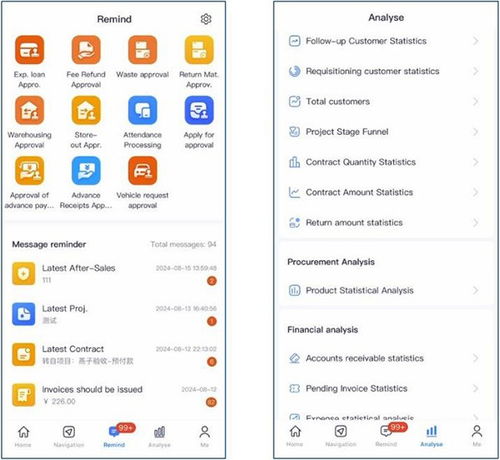
ERP systems offer a wide range of features that cater to the diverse needs of businesses. Some of the key features include:
Integration: ERP systems integrate various business processes, ensuring seamless flow of information across departments.
Modularity: ERP systems are modular, allowing businesses to implement only the modules they require, based on their specific needs.
Customization: ERP systems can be customized to meet the unique requirements of a business.
Scalability: ERP systems are scalable, enabling businesses to expand their operations without compromising on performance.
Real-time Data: ERP systems provide real-time data, enabling businesses to make informed decisions promptly.
Benefits of ERP Systems

Implementing an ERP system can bring numerous benefits to a business, including:
Improved Efficiency: ERP systems automate routine tasks, reducing manual effort and improving overall efficiency.
Cost Reduction: By streamlining operations, ERP systems can help businesses reduce costs.
Better Decision-Making: Real-time data and analytics provided by ERP systems enable businesses to make informed decisions.
Enhanced Collaboration: ERP systems facilitate better communication and collaboration among employees and departments.
Increased Customer Satisfaction: Improved operations and customer service lead to increased customer satisfaction.
Challenges of Implementing ERP Systems
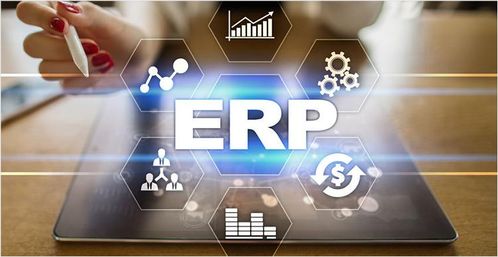
While ERP systems offer numerous benefits, implementing them can be challenging. Some of the common challenges include:
Complexity: ERP systems are complex and require significant time and resources to implement.
Change Management: Implementing an ERP system often requires significant changes in business processes and employee roles.
Cost: The cost of implementing an ERP system can be high, including software licenses, hardware, and training.
Data Migration: Migrating existing data to the new ERP system can be challenging and time-consuming.
Conclusion
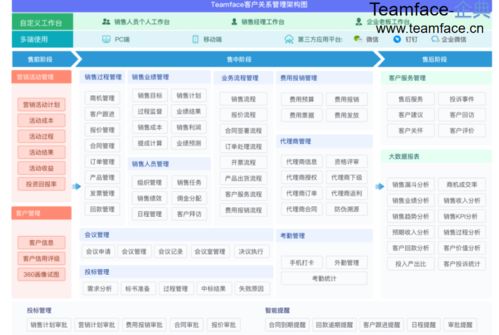
ERP systems have become an essential tool for businesses looking to streamline operations, improve efficiency, and enhance decision-making. While implementing an ERP system can be challenging, the benefits it brings to a business are well worth the effort. As technology continues to evolve, ERP systems will continue to play a crucial role in shaping the future of business operations.
Tags:
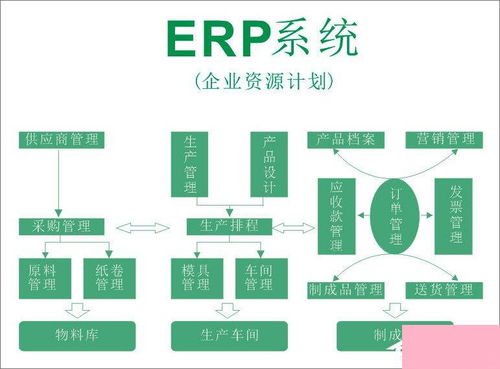
ERP EnterpriseResourcePlanning BusinessOperations ManagementSoftware Integration Efficiency Benefits Challenges Technology BusinessGrowth
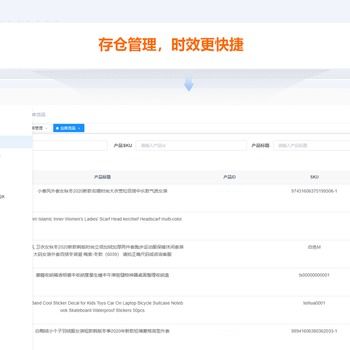
相关推荐
教程资讯
教程资讯排行













